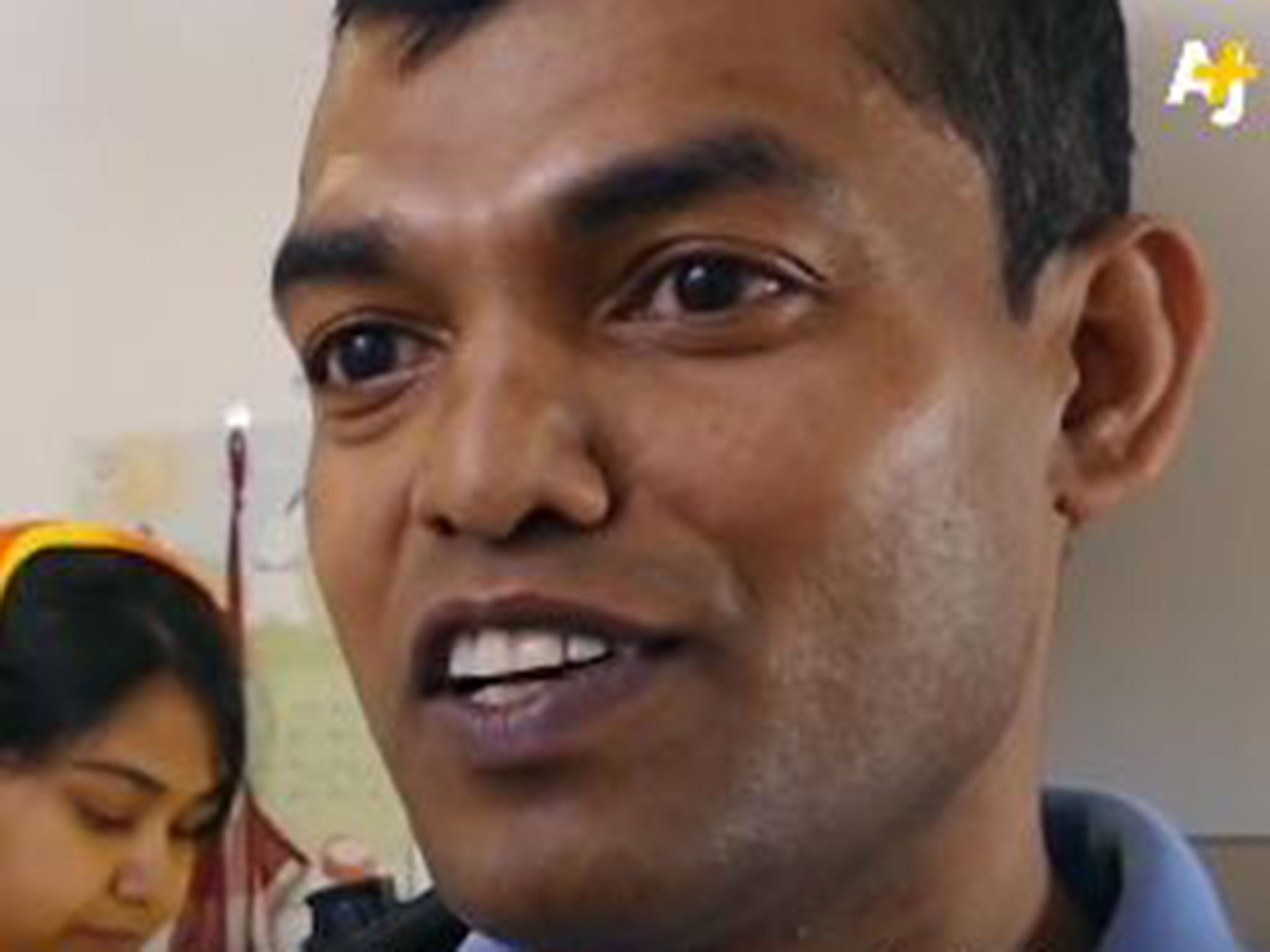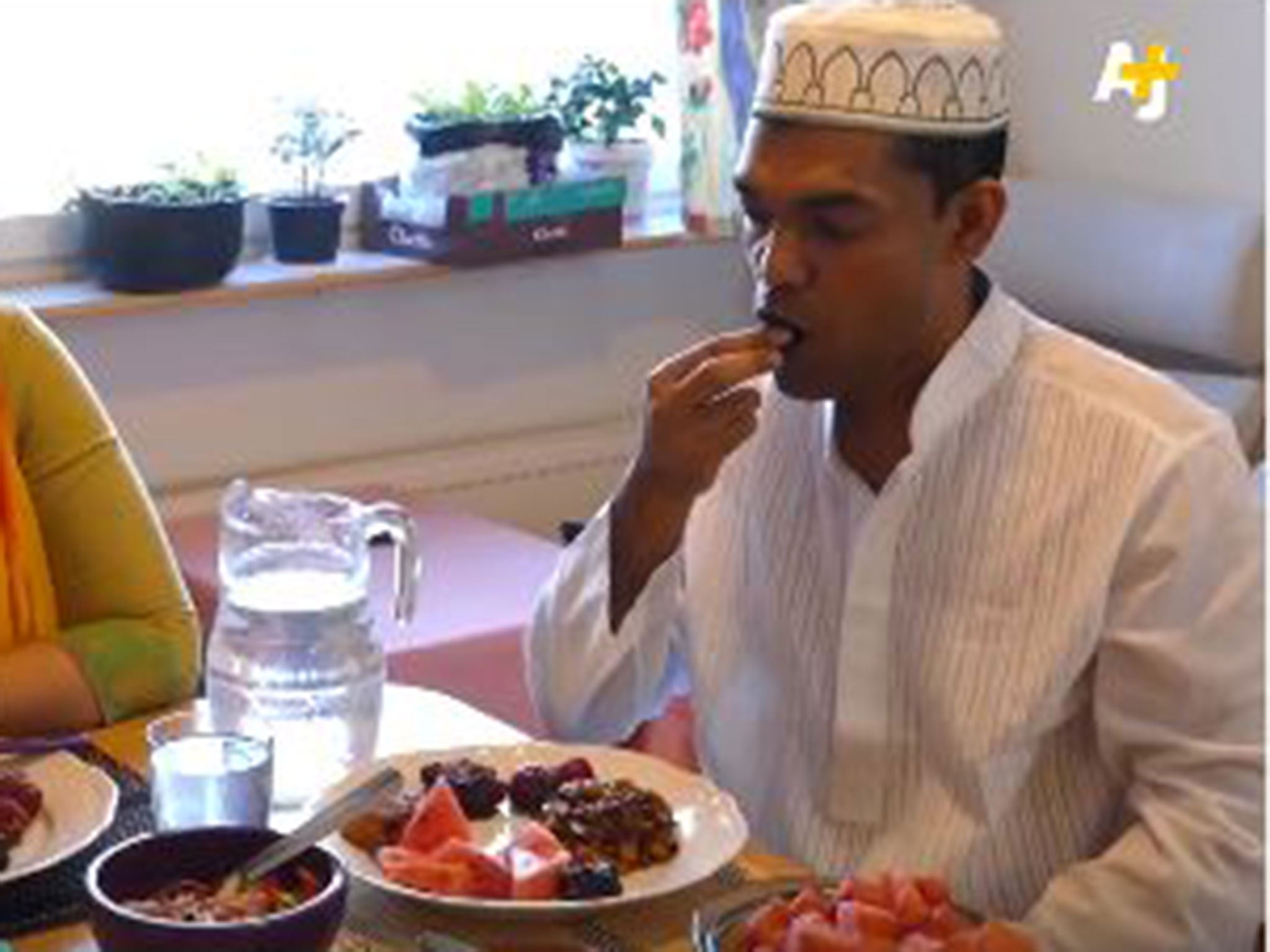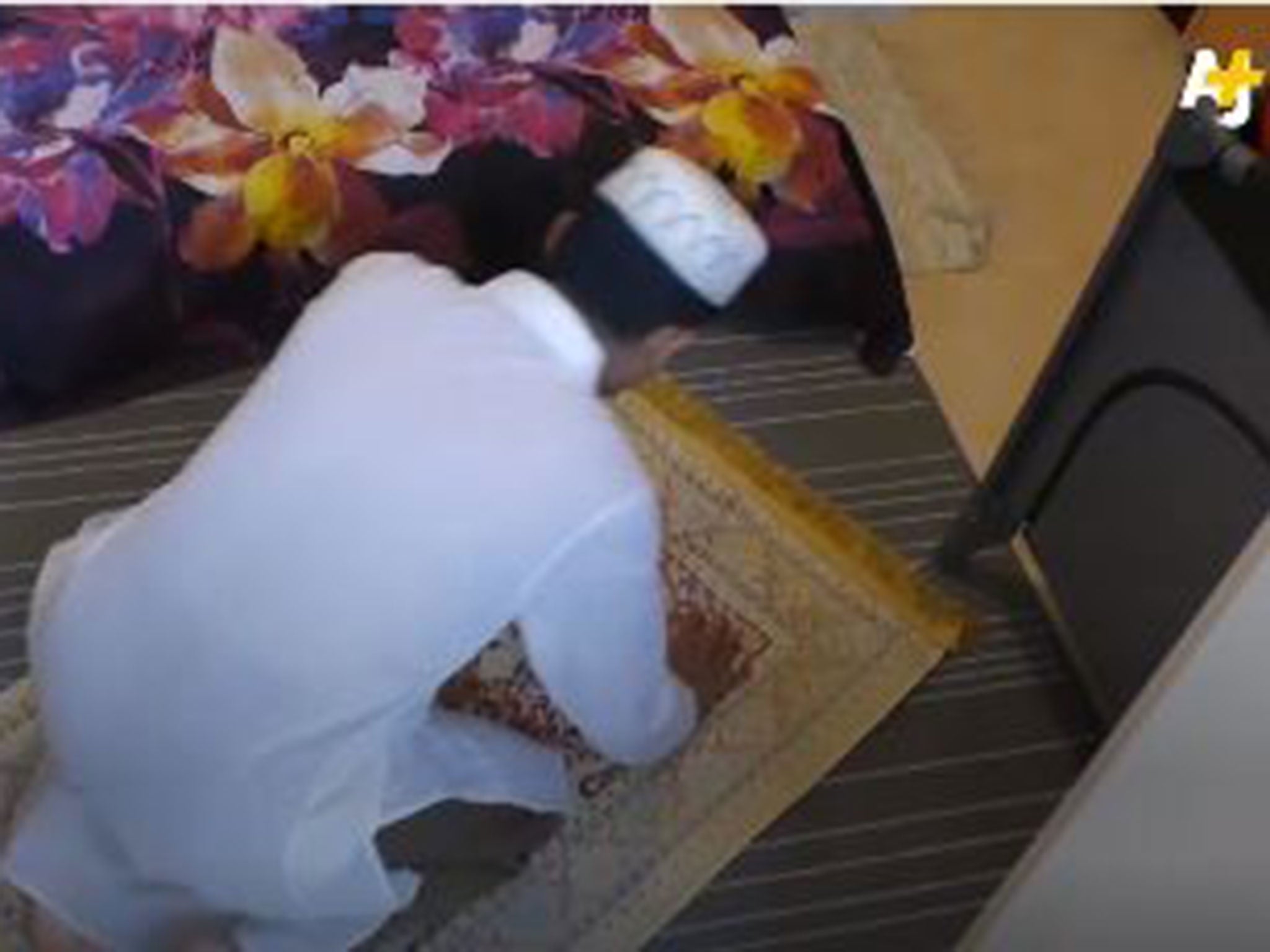Ramadan 2017: How Muslims fast in countries where the sun never sets
In countries such as Finland, the sun sets for as little as 55 minutes a day at this time of year
Your support helps us to tell the story
From reproductive rights to climate change to Big Tech, The Independent is on the ground when the story is developing. Whether it's investigating the financials of Elon Musk's pro-Trump PAC or producing our latest documentary, 'The A Word', which shines a light on the American women fighting for reproductive rights, we know how important it is to parse out the facts from the messaging.
At such a critical moment in US history, we need reporters on the ground. Your donation allows us to keep sending journalists to speak to both sides of the story.
The Independent is trusted by Americans across the entire political spectrum. And unlike many other quality news outlets, we choose not to lock Americans out of our reporting and analysis with paywalls. We believe quality journalism should be available to everyone, paid for by those who can afford it.
Your support makes all the difference.The holy month of Ramadan is now underway, with Muslims fasting from dawn to dusk to observe the period. But what happens when you live in a country where the sun never, or scarcely, sets?
Muslims living in the Arctic Circle are experiencing some of the most challenging conditions for Ramadan as they can experience 24 hours of sunlight. People observing it will not consume food or drink, smoke or engage in any sexual activity, from when the sun rises until sundown again. Fasting ends with a meal known as the Iftar.
Around 22 per cent of the world’s population, or 1.6 billion people, are expected to join in the holy observance around the world.
Areas including Lapland, Finland and Sweden can experience little or no sundown during the summer months. A family have shared their experiences of how they experience Ramadan in northern Finland where the sun sets for just 55 minutes.

Mohammed told AJ+: “Fasting starts at 1:35 in the early morning and will end at 12:48 in the evening. So [fasting] will be 23 hours, 5 minutes. My friends, family and relatives who live in Bangladesh, they can’t believe we could do Ramadan or fasting for more than 20 hours.

“So when they heard from us we do Ramadan here for 23 hours or 22 and a half hours, they just say ‘That’s unbelievable, how could you manage this.’ But somehow [thank God] we manage it, and we’re doing very well.”

He said other Muslims in nearby countries with similar sunlight conditions had found other ways of adapting, adding: “Some other Muslims who live in Lapland, most of them follow the Middle East time table, as they follow the nearest Islamic country, Turkey.”
Depending on a person's location, Ramadan for people living in the UK can last between 16 and 19 hours a day.
The times and dates of Ramadan and fasting vary each year in relation to the Western calendar as they are determined by the lunar cycle.
A version of this article was originally published on Wednesday 8 June 2016.

Join our commenting forum
Join thought-provoking conversations, follow other Independent readers and see their replies
Comments